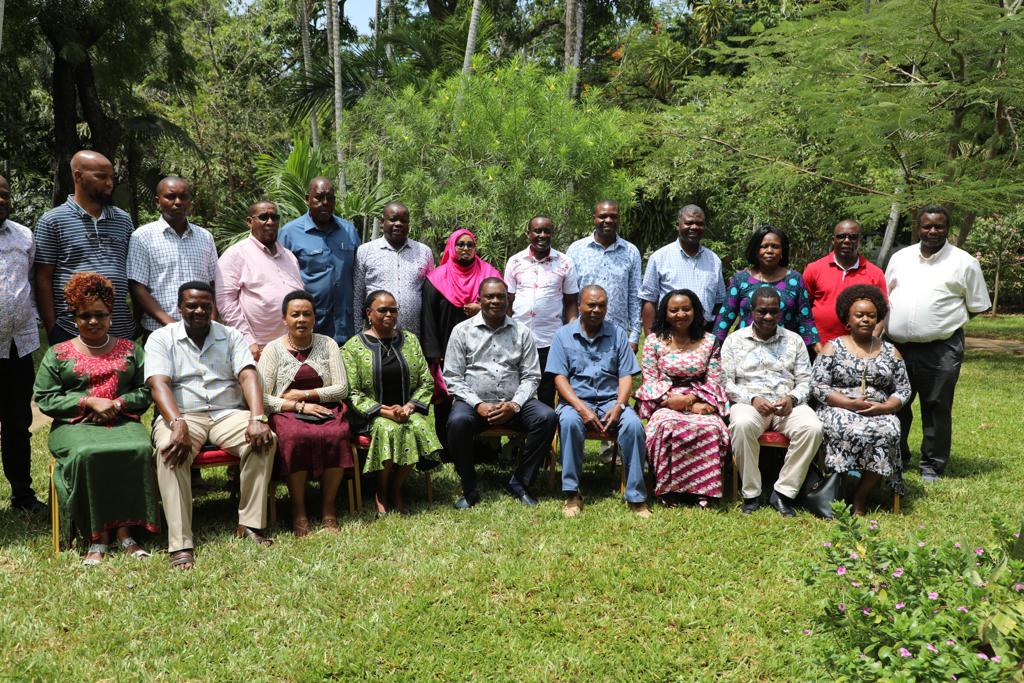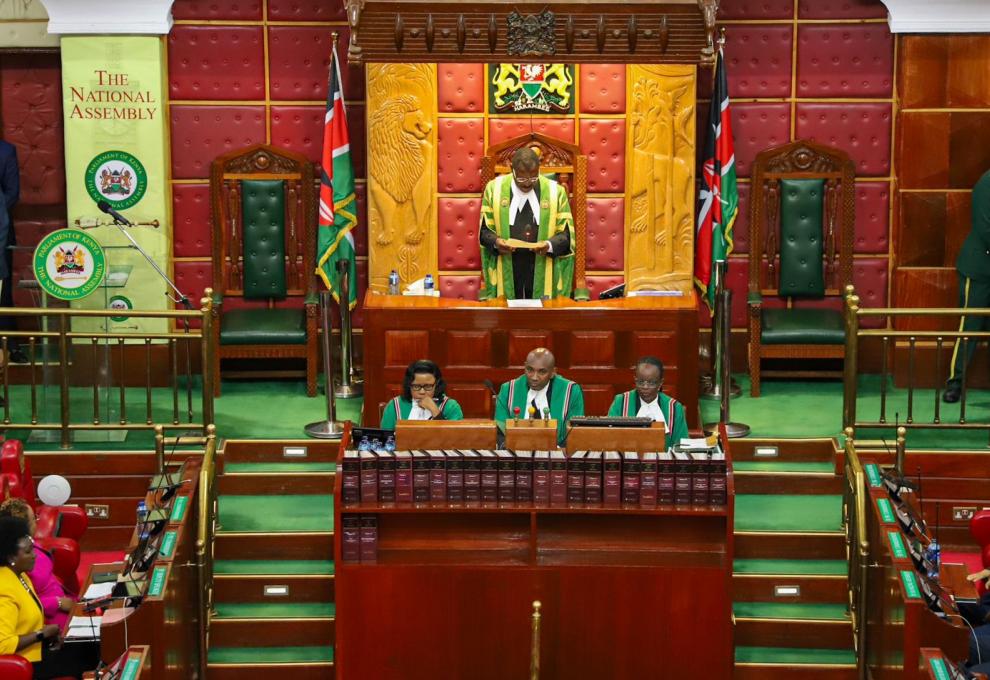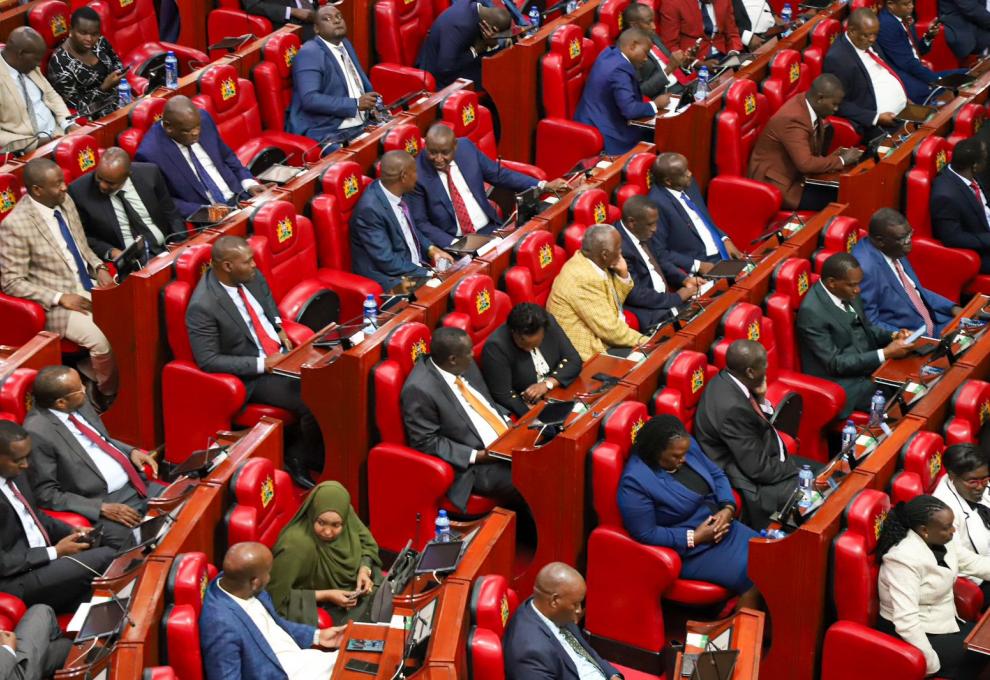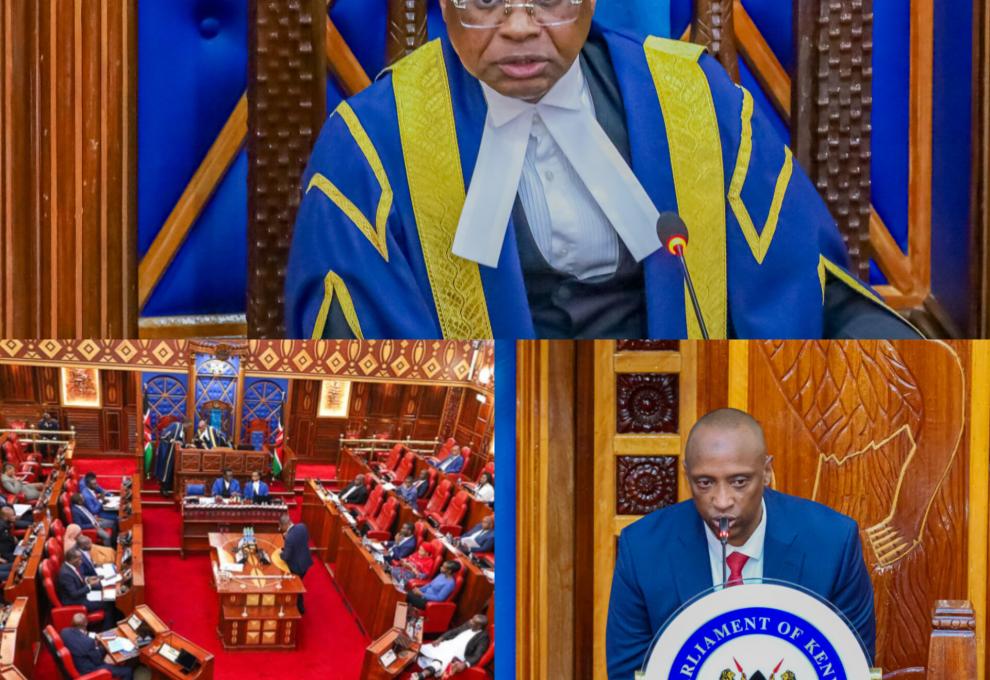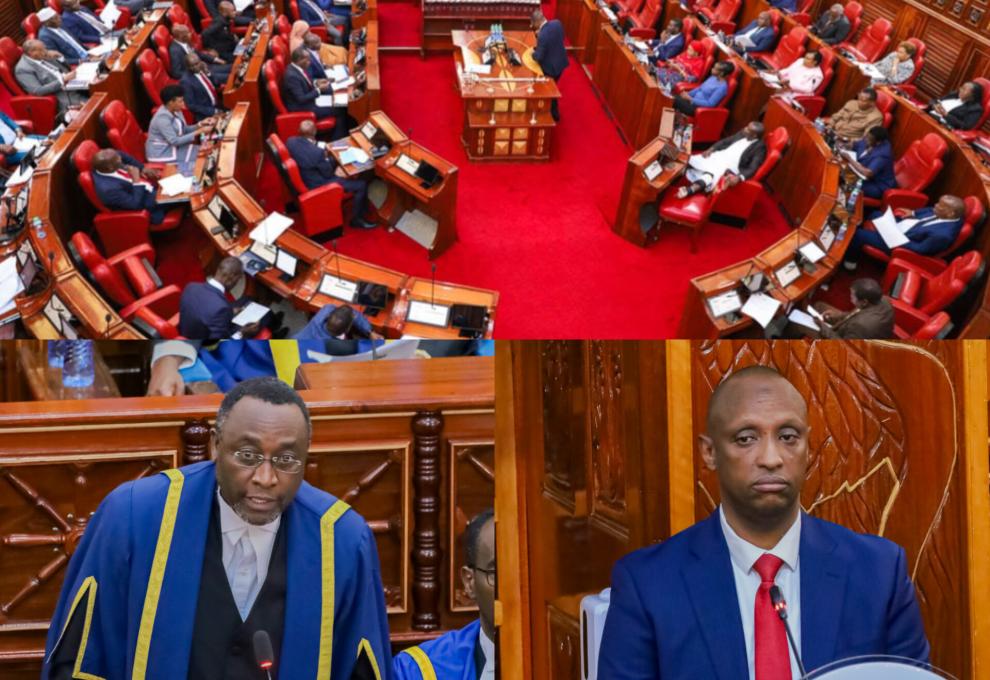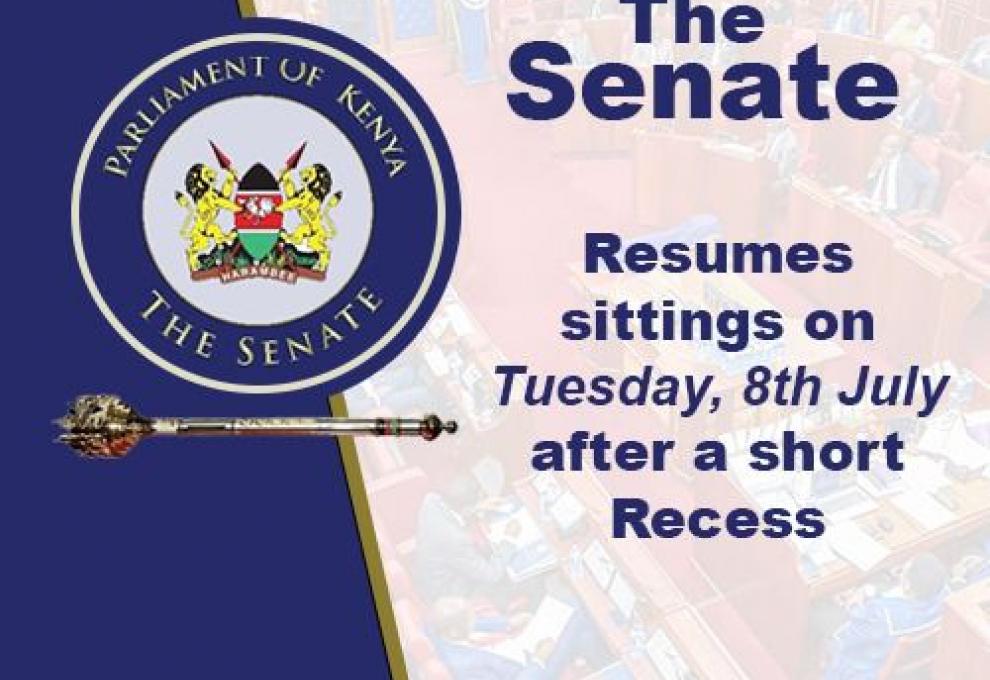National Assembly, Judiciary hold consultative forum, agree to ringfence the JSC budget
MOMBASA, 10th March, 2022 - National Assembly, Judiciary hold consultative forum, agree to ringfence the JSC budget
The Proposal to ringfence the budgetary allocation for each arm of government in law today dominated a consultative forum between the National Assembly and the Judiciary. Members attending the forum noted that such a move could in the short term be made by amending the Public Finance Management Act, but in the long term be properly anchored in the JSC Act.
The 2-day forum organized by the Judiciary has brought together legislators serving in the Justice and Legal Affairs, Budget and Appropriations and the Public Accounts Committees, and the Judiciary.
Addressing the forum during the opening session, the Speaker of the National Assembly Hon. Justin Muturi thanked the Chief Justice Hon. Lady Justice Martha Koome and the Judiciary for organizing the forum which is a first between the two institutions in the recent past. He noted that the meeting was a necessary platform to accelerate comity between the two arms of government.
“Today’s engagement therefore, provides a rare yet golden opportunity for the two arms of Government to enhance the existing cordial and mutual working relationship within the confines of the provisions of the Constitution and the respective mandates of each arm.”
Addressing concerns over the continued inadequate resourcing of the Judiciary which the Chief Justice Hon. Lady Justice Martha Koome had earlier on in her remarks raised, the Speaker urged the Justice and Legal Affairs Committee and that of Budget and Appropriations to look into the matter before the end of the process of consideration of estimates for the 2022/2023 Financial Year Budget. He noted that a better resourced Judiciary would be instrumental in enhancing administration of justice across the country.
He however called on the Judiciary to respect the mandate of the various Committees of Parliament especially when called upon to respond to audit queries. He noted that though at times the Chief Justice maybe required to appear in person before a Committee, it is not in a bad taste and it should be taken in good stead as a means of promoting accountability among all agencies funded by the taxpayers.
“While it is important to distinguish the position of the Chief Justice as the Head of Judiciary and being cognizant of the principle of separation of powers; it is also imperative to appreciate that the holder of the office of Chairperson of the Judicial Service Commission may be expected to appear before the House or its Committees to answer to audit queries in the capacity as Chairperson and not as a judicial officer performing judicial functions.” He explained.
He further lay emphasis on the duty of the Public Accounts Committee to the House and the country.
“In light of the foregoing, I verily believe that the Public Accounts Committee has a duty to the House, and more importantly to the people of Kenya, to examine the audited accounts of the Judicial Service Commission and the Judiciary. In so doing, the Committee obviously requires the appearance of the Accounting Officer or any other person and thereafter cause the reports thereof to be tabled in the House for consideration.”
Earlier on, while making her opening remarks, the Chief Justice Hon. Lady Justice Martha Koome made a passionate appeal for enhanced resourcing of the Judiciary to enable it execute its mandate efficiently.
She noted that while best practice in resourcing Judiciaries around the world is that this organ of government ought to be allocated at least 2% of the national budget, the Judiciary in Kenya has been receiving allocations far below 1%.
“The Judiciary is operating with a budgetary deficit of Kshs.21.9 billion which translates to 56% of the total resource requirement for FY 2022/23”, she noted.
Painting the current picture on the status of the Judiciary from infrastructure to human resource, the Chief Justice warned that resource allocation for the Judiciary has a ripple effect on all services that are offered by this organ of government and particularly its ability to discharge its core function of adjudication of disputes as required by Article 159 of the Constitution.
The forum heard that the Judiciary is operating at only 56% of its approved staff establishment while the current Supreme Court buildings have been condemned as unfit for occupancy.
The two arms of government have also agreed on the need to hold common trainings for their respective staff so as to enrich their knowledge on each other’s practices and procedures. The participants from these two arms of government noted that this would promote informed decision making among their staff.



